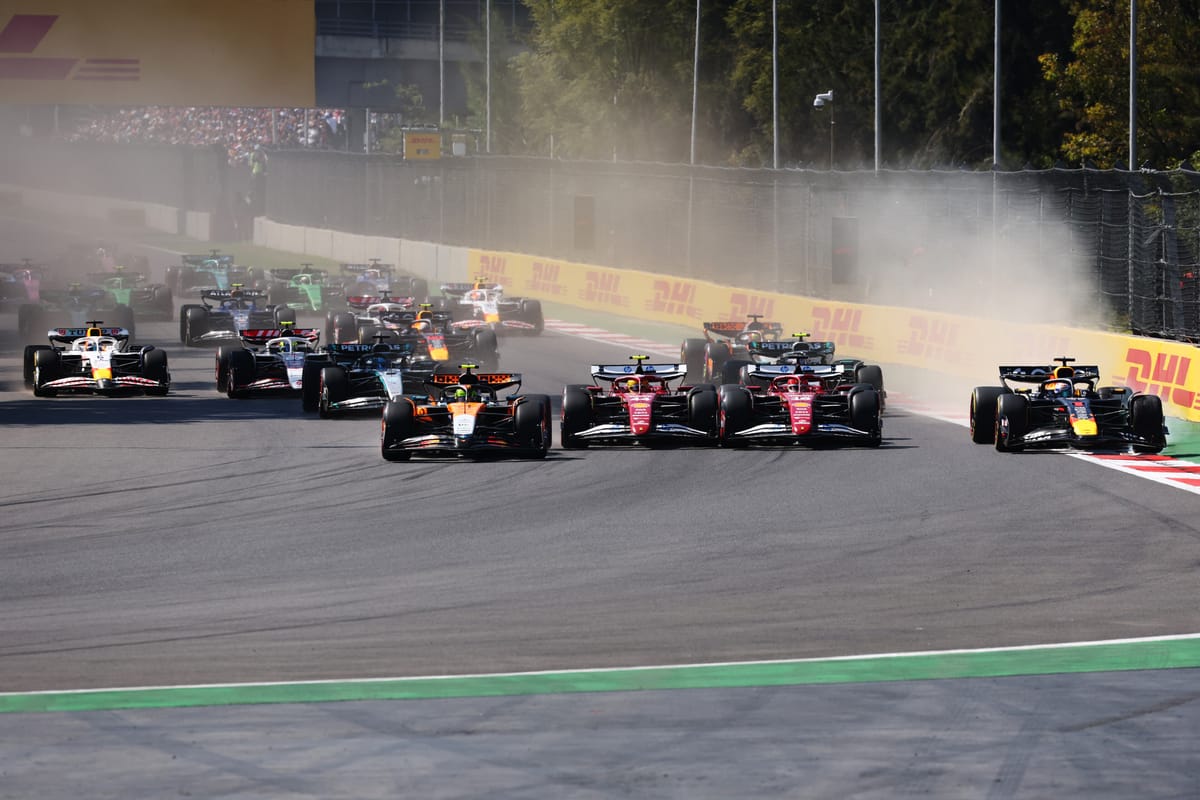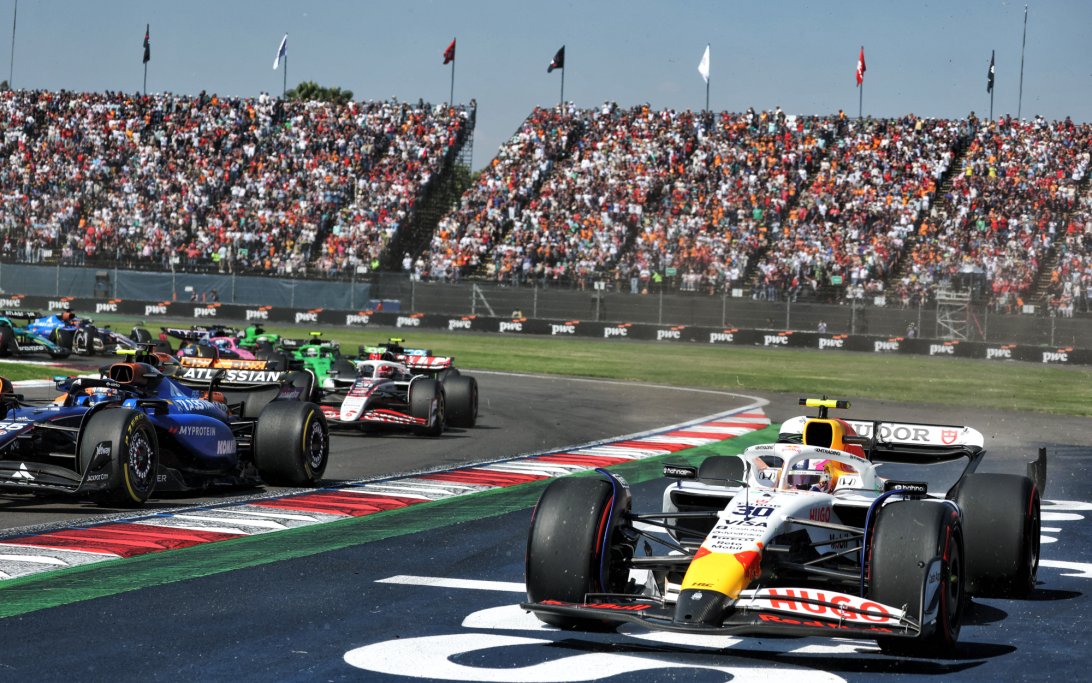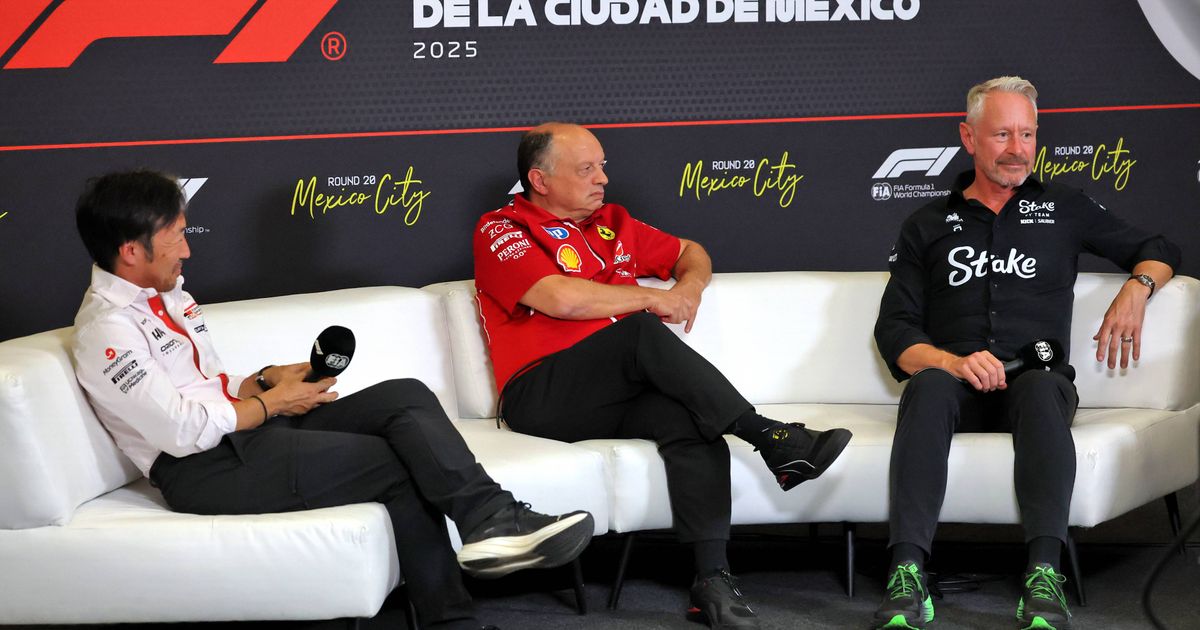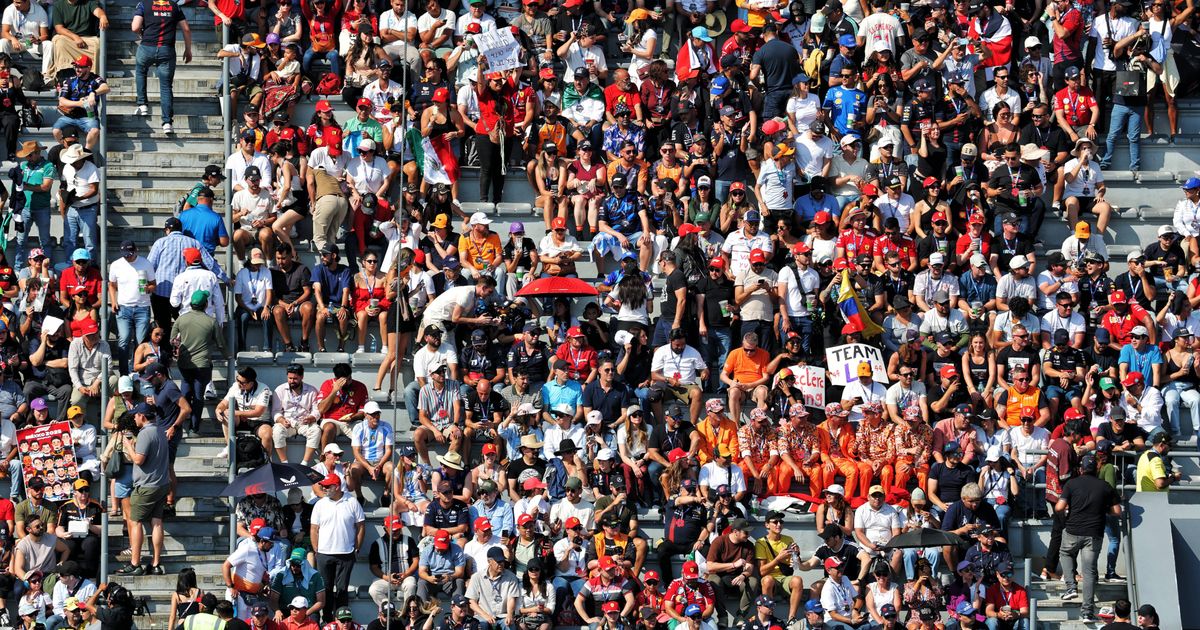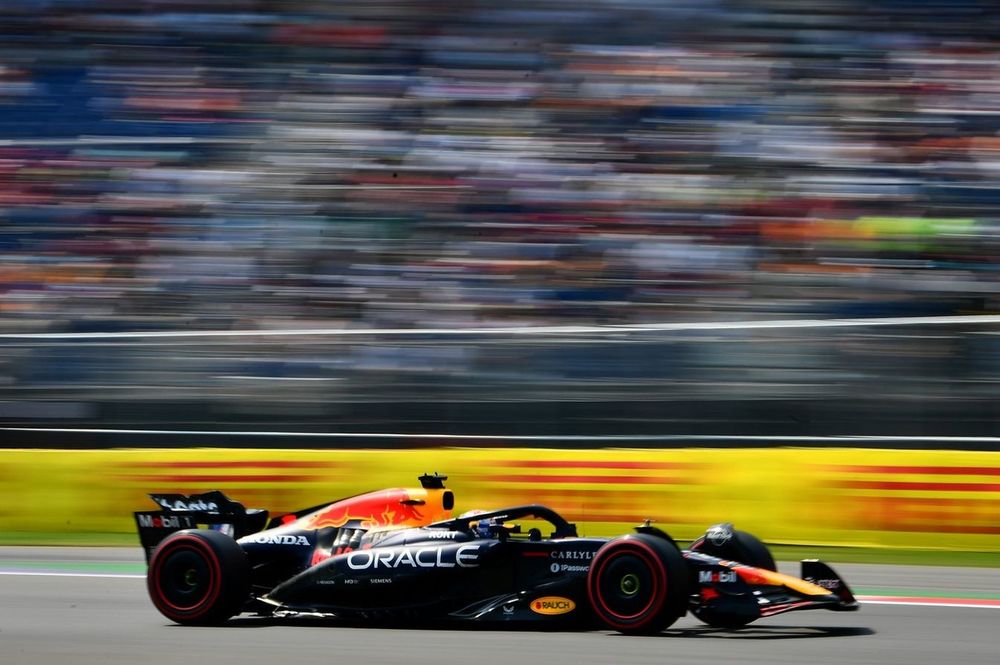
Red Bull Denies RB21 Development Will Impact 2026 F1 Car
Red Bull team principal Laurent Mekies has pushed back against claims that the team's late-season development surge in 2025 will compromise their 2026 Formula 1 campaign. The Austrian outfit has won three of the last five Grands Prix, thanks to upgrades introduced at Monza and further floor updates in Mexico, a strategy that contrasts with rivals who have ceased development to focus on the significant 2026 regulation changes.
Why it matters:
Red Bull's aggressive development strategy for the RB21 in the final phase of the 2025 season is a bold move as most teams pivot resources to the radical 2026 regulations. This approach could either give them a crucial edge by refining methodologies or, as competitors suggest, detract from their 2026 project, particularly with Red Bull developing its in-house power unit for the first time.
The Details:
- Continued Development: Red Bull has continued to introduce significant upgrades to the RB21, including a major floor update at the Mexico Grand Prix, while many competitors have halted development.
- Recent Success: The team's recent form, with three wins in the last five races through Max Verstappen, is attributed to these ongoing developments.
- Mekies' Justification: Laurent Mekies asserts that this strategy is a "net gain" for Red Bull, allowing them to validate approaches and calibrate for 2026. He states it would not be pursued if it were perceived as a compromise.
- Competitor Skepticism: McLaren team boss Andrea Stella suggested that Red Bull's continued development might indicate pessimism about their 2026 chances, especially with their new in-house power unit.
- Historical Precedent: Red Bull motorsport advisor Helmut Marko cited the 2021-2022 period as an example, where heavy development in the final year of previous regulations led to Verstappen's maiden title and sustained competitiveness into the new ground-effect era.
- Understanding the RB21: Mekies clarified that the continued development was also driven by a need to understand why the RB21 was underperforming compared to McLaren earlier in the season, aiming to unlock its full potential and gain confidence in their tools and methodologies for 2026.
The Big Picture:
The 2026 regulations introduce sweeping changes to both chassis and power units, making the transition a critical challenge for all teams. Red Bull's decision to press on with 2025 development stands out. Their confidence stems from a belief that understanding the current car's limitations and refining development processes will ultimately benefit their 2026 project, rather than hinder it. This contrasts sharply with rivals like McLaren, who prioritize a full pivot to the new regulations.
What's next:
Red Bull's performance in early 2026 will be the ultimate test of their development philosophy. If their current strategy allows them to hit the ground running with their new car and power unit, it could set a new benchmark for how teams approach major regulation changes. However, if they struggle, it will validate the more conservative approach taken by their competitors. The F1 paddock will be watching closely to see which strategy pays off.
Original Article :https://www.motorsport.com/f1/news/red-bull-denies-f1-2025-resurgence-will-harm-...


